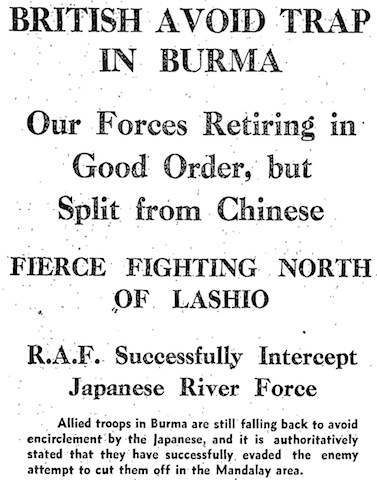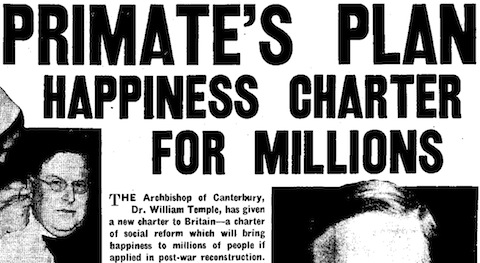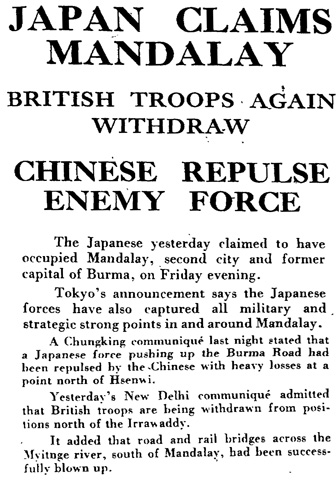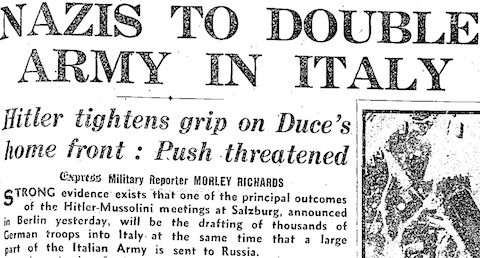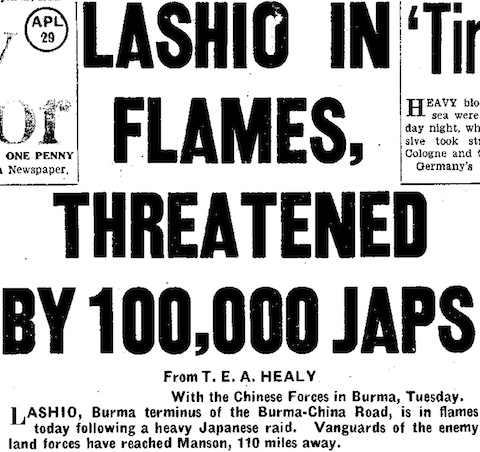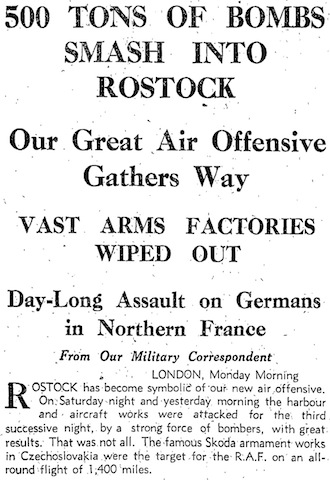Post-blogging the Baedeker Blitz: conclusion
So in case it isn’t obvious by now, my most recent bout of post-blogging covered the period of the Baedeker Blitz, a series of Luftwaffe raids against English cities (unlike in the Blitz proper, there were no targets in Scotland, Wales or Northern Ireland) between 23 April and 3 May 1942. The individual blitzes were: […]


